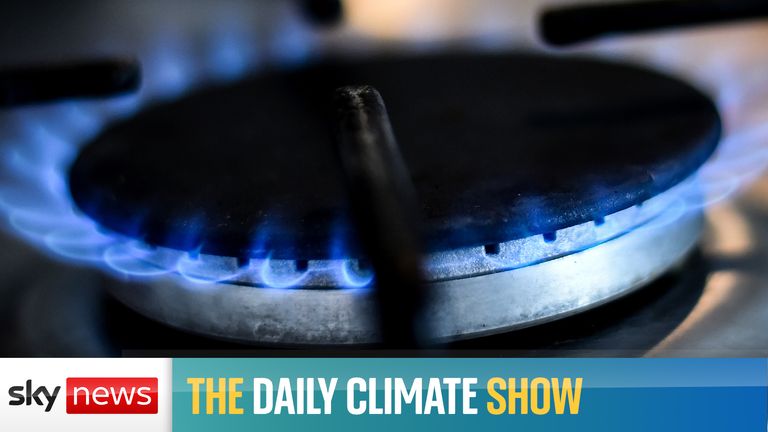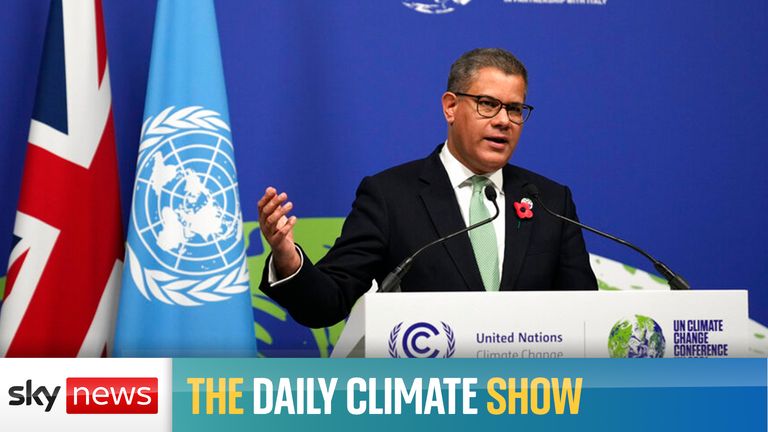[ad_1]
Energy bills continue to rise for millions of people across the country – with more pain set to come later this year.
In April the energy price cap was lifted by 54% to £1,971 – and in October it is expected to rise by another £830 to £2,800.
With the cost of living rising on many fronts it has made energy prices a key political as well as practical issue for millions of households.
Fixed or variable? What should I do with savings? How can I lower energy bills? Your questions answered
What is the price cap?
The energy price cap sets the maximum figure that can be charged to customers on a variable dual-fuel rate for typical usage of gas and electricity for a six-month period.
Introduced in 2019, it is based on a number of factors including the wholesale cost of power in the previous six months.
Ofgem estimates that 22 million households are currently on variable rates, the number swelled by around two million customers whose suppliers have gone bust in the last year.
The price cap is not the maximum that anyone can be charged – customers with high energy usage will have higher bills – but rather reflects typical usage levels.
What makes up energy bills?
The cap is calculated on the basis of wholesale fuel prices plus a range of taxes and operating costs.
At the price cap announcement in October 2021, bills were broken down as follows: 36% wholesale costs; 25.35% network costs; 18.62% operating costs; 15.33% environmental & social costs; VAT 4.76%; 2.24% other costs; 0.93% supplier pre-tax profit margin.
A sustained increase in wholesale gas prices is the principal driver of rising bills.
What about the other components in a bill?
The environmental and social costs include projects to help decarbonise energy supply such as improving insulation in customer homes.
There has been pressure from Conservative backbenchers to cut these so-called “green taxes” which are technically levied on electricity generation.
The social costs include schemes to help the most vulnerable customers including the Warm Homes Discount (WHD) which provides a rebate of around £140 to more than 1.5 million people on particular benefits.
Why has the price of gas risen so much?
Gas supplies have been badly disrupted by Russia’s invasion of Ukraine, with Ofgem’s chief executive warning that price changes are “genuinely a once-in-a-generation event not seen since the oil crisis of the 1970s”.
The war comes off the back of a cold European winter last year that drained supplies, increased demand from Asia & China, and gas-powered electricity generation that filled the energy gap when renewable sources were not available during a relatively calm summer.
[ad_2]



